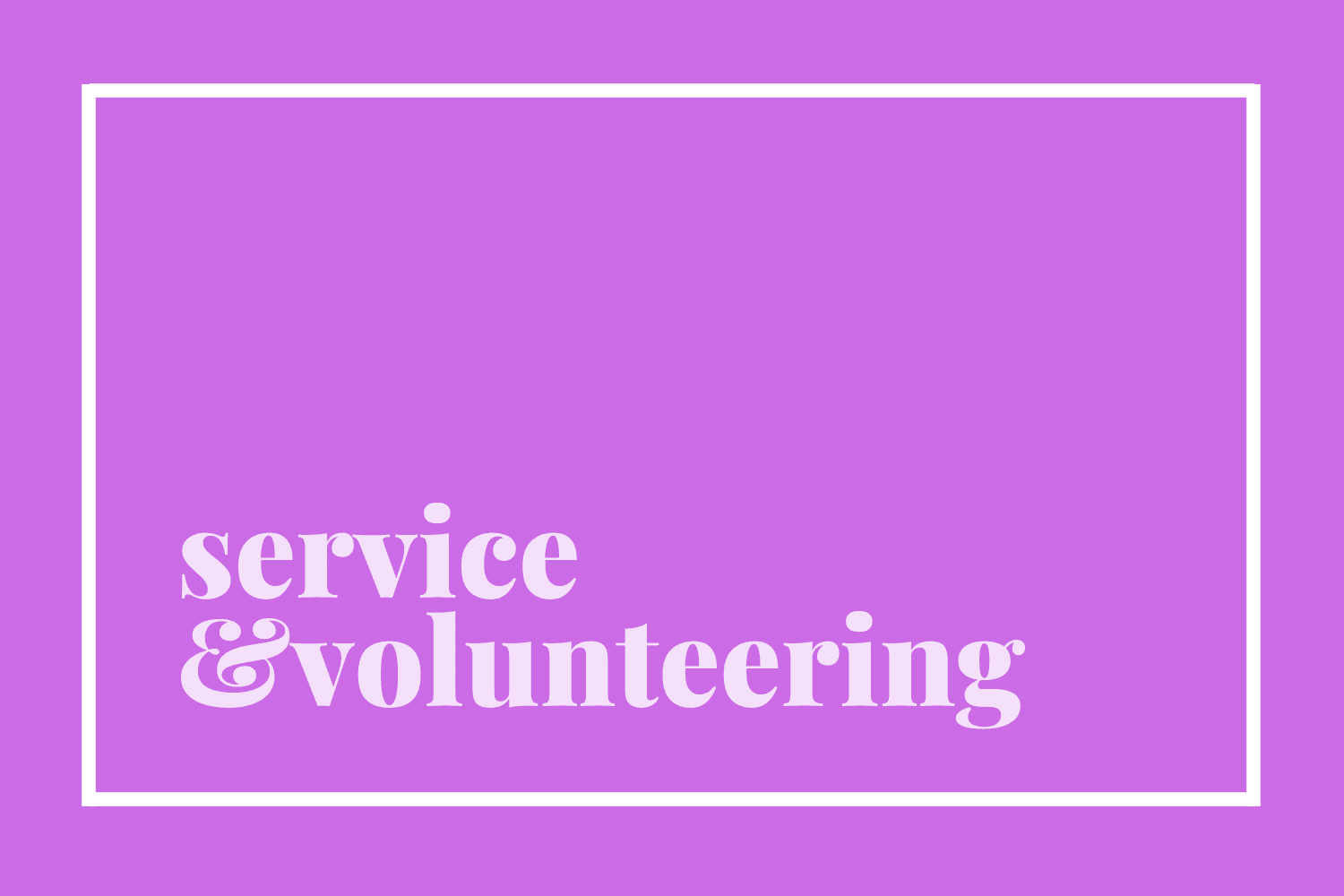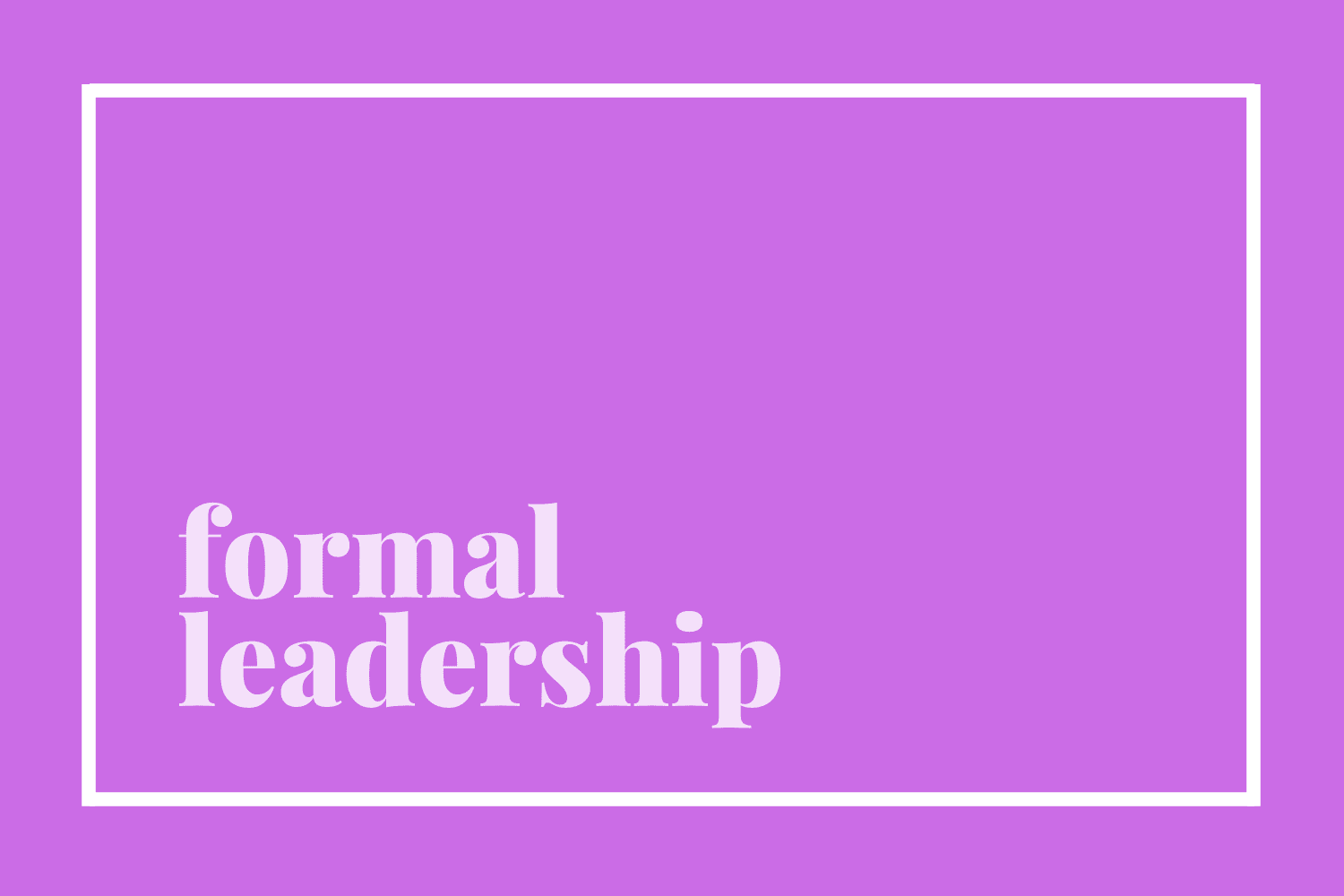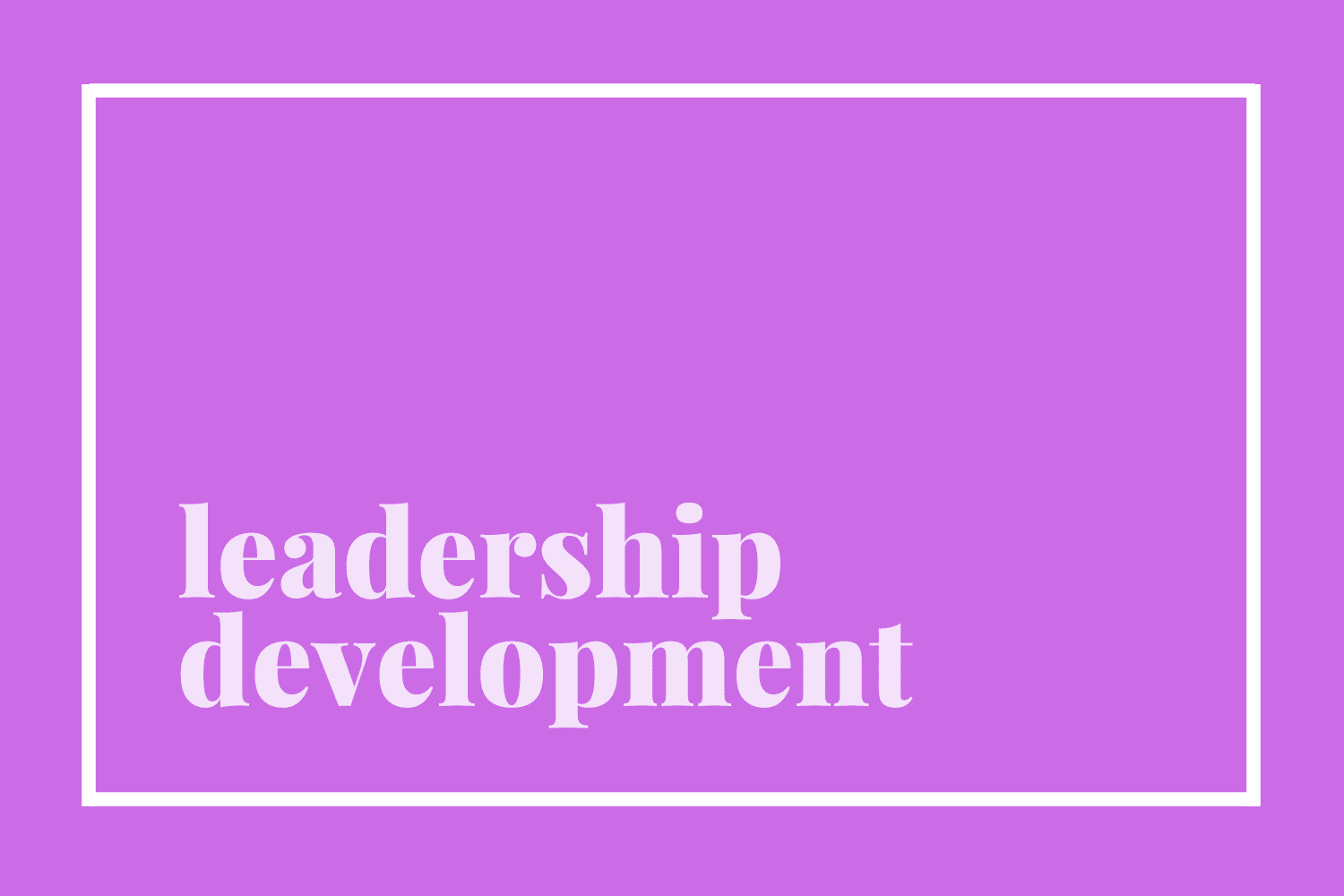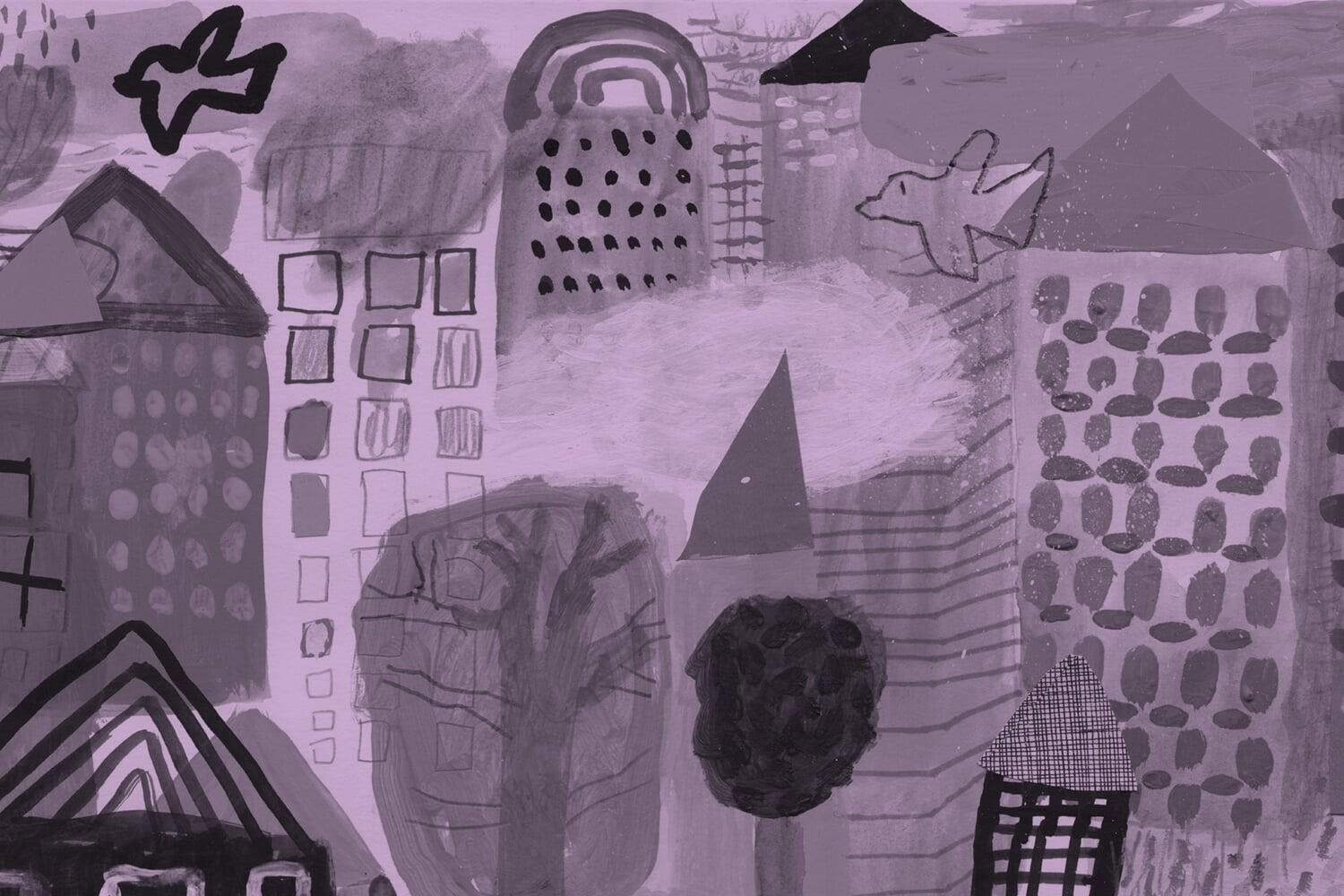
THE PATHWAY TO EXCELLENCE
Leading is about answering the question: “How can I best serve others?” Leading well begins with who we are, flows into who we want to become and is demonstrated through deliberate, targeted, and intentional action that aligns vision with intention and means to direct, motivate, influence, and inspire others to achieve willingly a preferred future for us all. Leading, therefore, is about the challenge of service that helps us to locate “Our Practice” within courage and compassion and to meet the expectation to "Go on a journey from me to you to us".
All of us lead in different ways throughout our lives. Leading well means motivating, influencing, directing and inspiring others to achieve together as a team. As you lead, you turn “My Purpose” into “My Practice” through service and volunteering, formal leadership and leadership development. This requires you to go on a journey from ‘me’ to ‘you’ to ‘us’ in your thinking and priorities. As you lead through the relationships in your work, your social life, and your broader contributions to society, you will use courage and compassion to answer the question “How can I best serve others?”

LEAD WELL THROUGH SERVICE
The key to living a good and worthwhile life lies in this idea of service. This means going beyond your wants and desires to put the needs of others ahead of your own. This begins with your family and friends, and it moves beyond as you consider what role you can play in the world. You will shape your purpose by reflecting on your people and your place. From this deep and sincere respect for others, you will develop your practice. You’ll come to experience the joys of working with others, getting the job done and doing it well.
THE VALUES OF LEADERSHIP AND ADDING VALUE AS A LEADER
Opportunity, hope, and love will be powerful motivators and enablers for you as you build self-awareness. Instructors, coaches, mentors and leaders who are active learners and dedicated to their work will be very helpful in this respect. They can encourage you by showing you how to grow in the capacity to learn in your everyday life. More importantly, they will allow you to work toward this goal yourself while you are supported by your schools and communities.
You will also need to know right from wrong and have the courage to act on your values. When we think about leadership for our world, we think about values such as:
- Meaningfulness – leadership for good
- Authenticity – leadership for real
- Transformation – leadership for change
- Sustainability – leadership for life
- Service – leadership for others
- Relationship – leadership for each other
In thinking about these values, you will strive to use your civic, performance and moral character to their best effect. You will need to develop the character and competencies of Future Builder, Responsible Citizen and Team Creator. As you work on your own leadership, you’ll also need to develop the character and competencies of your team members.
“The best way to find yourself is to lose yourself in the service of others.”
Mahatma Gandhi
THE JOURNEY TOWARDS MASTERY: LEAD
Leaders, therefore, lead best when they equip, empower, and enable their teams. To do this, you will need to keep asking yourself important questions:
- Learn: am I influencing the team to build their self-awareness and personal capacity through their learning?
- Live: am I inspiring people to connect and live with each other and contribute to a shared culture in which we can all grow in character, competency, wellness?
- Lead: am I directing the team to focus their leadership on serving our community?
- Work: am I motivating the team to become the people they need to be and achieve the best outcomes for all through their work?
As you answer these four questions by doing the work of the leader who changes the game for others, you will:
- Strengthen the team through disciplined and purpose-driven practice
- Inform the team by creating and communicating a vision for the future
- Orientate the team to understand and manage change together
- Focus the team on its problem-solving and decision-making
- Align the team to its responsibilities through a values-based leadership style
- Enrich the team by the very act of creating and cultivating the team
STEP FORWARD AND UP AS YOU LEAD
As you grow in your leadership, you will most likely experience some progress, achievement and success on a personal level, on a team level, on an organisational level, and on a societal level. What happens when you struggle with this leadership work? Your teachers, mentors and leaders will guide you as you transition into adulthood. Their role modelling will help you to expand and adapt your own expertise and personal organisation.
And in the future, you too will teach others "what we want, why we want it, and how we do it." You will provide hope to others about what is possible and create certainty in a world that is complex, loud and busy. As you do so, you will align your intentions with your vision and actions. You will pass to others what you have learned about leading in this way. This will determine your true impact on the world.

SERVICE AND VOLUNTEERING
Our service is how we give of ourselves to others. It comes from our desire to connect with, support, and help others to succeed on The Pathway To Excellence. It goes beyond the simple exchange of self-interest and transactions. We become motivated to transform the lives of others through the habit of kindness, the instinct to serve, and the will to give. It is our tangible actions that shows how “us” transcends “me”...

FORMAL LEADERSHIP
Leadership is about the art of directing, motivating, influencing, and inspiring people so that they work together willingly to achieve the goals of the team or the broader organisation. Often, we will show leadership qualities by supporting the formal leadership of others and by doing what we do as well as we can as a service for others. Most of us, however, will be presented with opportunities to exhibit leadership from the front in our lives in formal positions infused with authority to take action and make decisions to build the future for the benefit of others...

LEADERSHIP DEVELOPMENT
Leadership development is the process by which we gain increasing competency in leadership. This learning can be exercised in a number of different formal and informal contexts and is best executed through a deliberate, targeted and intentional fashion; accidental leadership is a poor primary means of acquiring competency for those who are serious about taking responsibility for their community. Accepting the call to leadership is a commitment to a lifetime of studying how best to create teams that achieve better outcomes for all...

SERVICE TO FAMILY
Family is complicated. There is so much of essential value that the experience of family at so many levels gives to so many of us, even if it is a necessarily imperfect experience. Most of our popular culture deals with how families are built and work together (or not). For all of the flaws, the quarrels and the variability in the contributions of different members, the shared history of family is the foundation for learning, living, leading and working...

FORMAL LEADERSHIP IN A WORK CONTEXT
When we are employed to do a job, we must make sure that we do the job that is expected of it and us. This is the starting point for any leadership role in an organisation. While the expectations may change over time as circumstances change, the original brief for our role has a powerful effect on how people will see our leadership and its success. Whatever else we bring to the role and however else it is adapted to the way in which the organisation develops, we must be clear about what people expect of us and then make sure we do this...

LEADERSHIP DEVELOPMENT PROGRAM
Our role as leaders is essential. The organisations, communities and contexts we will be a part of in our lives will depend on our work. Our leadership needs to impact positively on the lives of others, increase the efficacy of everything we are involved in, and contribute to bringing people together under a shared vision and purpose. This is a role for which one day we will be responsible, and one we need to commit to mastering now...

SERVICE IN FRIENDSHIP GROUPS
Our friends represent a significant portion of our support network. They are the people who we can turn to in our darkest moments - we lean on their shoulder to stop us from falling. They fill our days with joy, laughter and memories. They fill our lives with kindness, respect and love. Our service towards them is an essential component of how we lead...

FORMAL LEADERSHIP IN AN EDUCATIONAL CONTEXT
Formal leadership in our educational context is about putting ourselves in positions where we can take up formal leadership positions within our school or other institution. It is a process of bringing what we learn about leadership back to the learning environment we engage in every day. Our service and role as a leader in the classroom is to create a collaborative learning environment that supports the work of our peers, our teachers, and ourselves...

LEADERSHIP DEVELOPMENT PROGRESS
We need to sit down regularly and review our progress and goals in order to reshape, rewrite, and redesign our leadership development program. We need to be honest about the efficacy of our efforts. We need to be willing and able to modify all aspects of our program. All of this means that when we invest time and focus into our leadership growth, our purpose is clear, our practice is the best it can be, and our process is constantly being refined as we go...

SERVICE IN SOCIAL ACTIVITIES AND CLUBS
The communities to which we belong allow us to engage in activities that are enjoyable and important for our development. It then follows that our service to them, and what we do to support their existence, change, and growth, is the least we can do in return for our position within them and all the wonderful experiences we’ve had as a result. Serving our clubs and social communities is a privilege because it allows us to reciprocate in kind for what others have given to us...

FORMAL LEADERSHIP IN A COMMUNITY CONTEXT
Leadership within our community begins with our own development. Understanding the most effective ways to impact certain people’s lives and practising the ways we do it is the hard work that takes place before we understand what it means to be a leader. We cannot action leadership before we know what it means, or how to do it. This is done through undergoing training and building our competency to lead by taking opportunities for both volunteering and formal leadership development opportunities...

DISPOSITION TOWARDS LEADERSHIP
Leadership is the capacity to direct, motivate, influence, and inspire people to bring about willingly a shared intention. It is actualised through deliberate, targeted, and intentional action that aligns vision with this intention and the actions that arise from it. Our leadership should begin with who we are as a person, flow into who we want to become, and be demonstrated through our actions in service of others. It is exercised in relationship with those around us and our environment...

SERVICE IN SPORT, THE ARTS AND OTHER ACTIVITIES
Teams and the pastimes we share with others often form the basis of the communities to which we belong. These communities are places that require all members to actively support, and to feel actively supported by the team. To this end, our teammates and peers in our hobbies are people we should actively care for and support. As always, our leadership and service extends to building a culture...

FORMAL LEADERSHIP PLANNING AND REFLECTION
It is challenging in our lives to set and realise plans because there is so much about what we have to do that simply falls out of our control. Try as we might to impose a pattern or an order on things and it seems that opportunities and circumstances can change the course of events just when we think we are getting on top of things. Nonetheless, if we are going to make a positive difference through our service as leaders...

LEADERSHIP GRADES AND QUALIFICATIONS
Locating your development as leaders within a practical approach to their leadership qualifications – how you place what you are learning and achieving in your leadership development program within the context of what you will need to maximise your choices later in your life. After all, if we are going to lead, shouldn’t we apply to the field of leadership the same rigour that we would apply to any other field of human endeavour?...